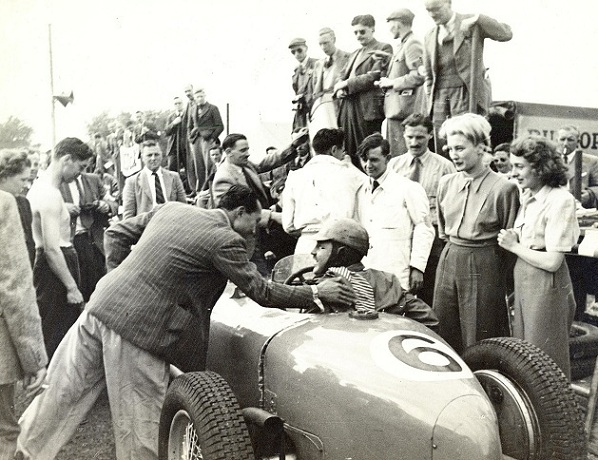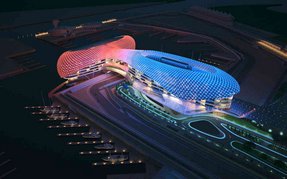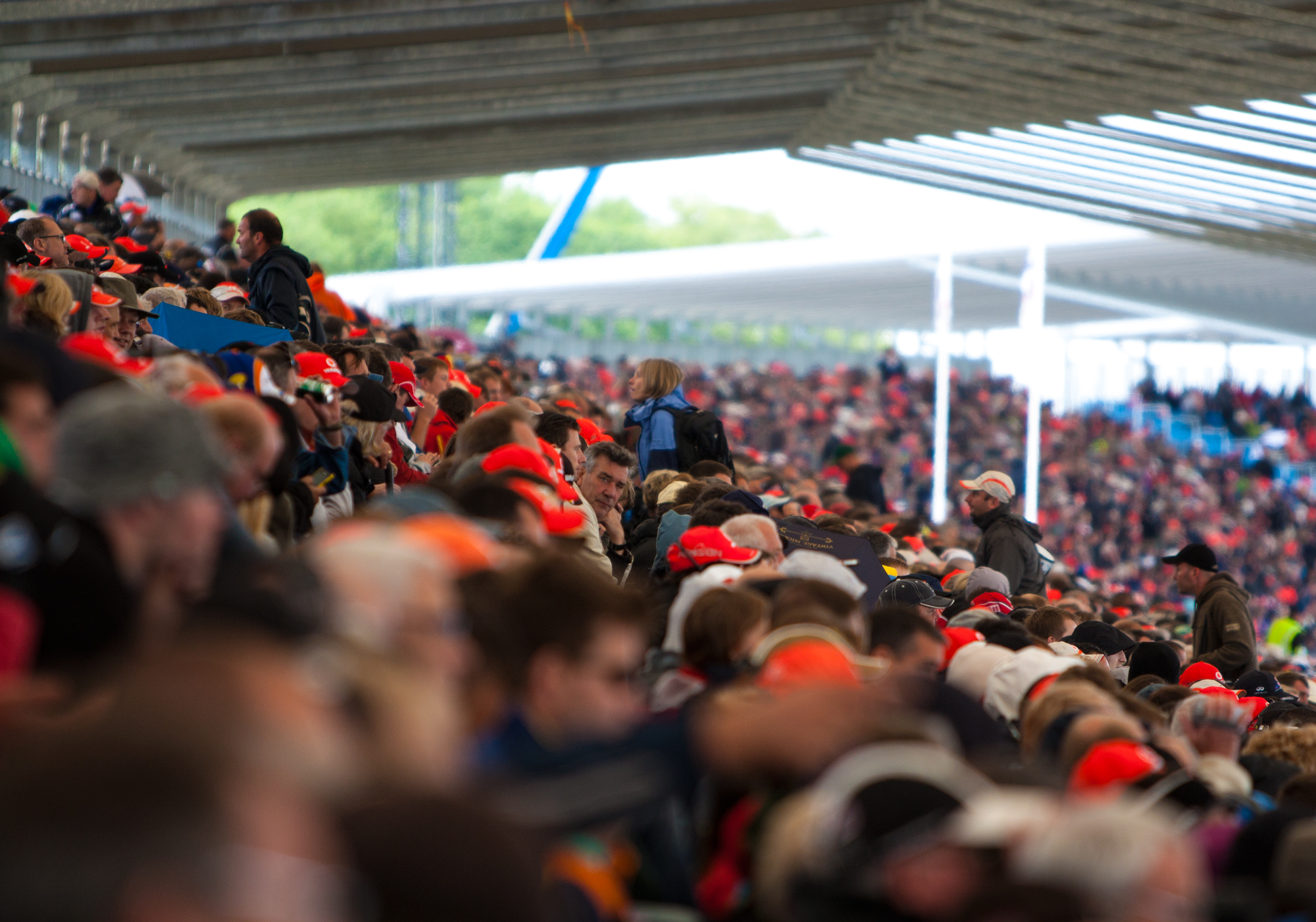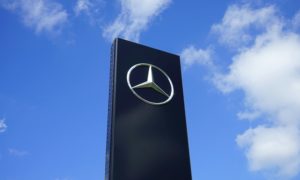Fernando Alonso today wrote himself into the history books, becoming one of a handful of drivers to win on their Ferrari debut. The Asturian drove a faultless race in which he was seemingly able to speed up at will, although some will say he was fortunate that Sebastian Vettel had a mechanical issue which in effect made Alonso’s job easier.
The inaugural race of 2010 was, in most other respects, unremarkable. The start and the end were entertaining to an extent, with the first corner a melee of new cars and drivers thirsty for success. Mark Webber’s oil-bloated Red Bull, spewing smoke at the first and second turns, led the fans to think he had blown that Renault engine immediately. Lewis Hamilton, having benefited from that advanced airflow on the starting straight, was challenging the second and third-placed Ferraris of Alonso and Massa at the hairpin, only to lock a wheel and lose a place to a hot-on-the-heels Nico Rosberg.
Further down the grid chaos had ensued, pointing Robert Kubica the wrong way and ruining Adrian Sutil’s race. The new teams were taking a lot of care to avoid everything and everyone, and by and large they did so.
And that, regrettably, was mostly it as far as action went, until the pit stops. Of course, we were treated to Nico Hulkenberg’s inability to contain his bucking Williams over the bumps at turn six which resulted in some rally-like pendulum swinging. Then there were the somewhat inevitable retirements of the two HRTs, and Lucas di Grassi in the Virgin. But largely the Bahrain Grand Prix quickly became the dross that so often characterises races at circuits like this – the leader, in the clear air, making hay, while others follow at more or less uniform two or three second gaps. In this case, Vettel was out front.
The pitstops promised intrigue, in as far as they would be fuel-less and high pressure. Unfortunately for the viewer, the well-rehearsed teams could not be faulted. The interest came from the new, probably over-cautious 55m rule, which prohibits teams from releasing their stationary charger if another chap is bombing down the pitlane within 55m of them. Mercedes, impeccably giving an example of this, were forced to hold Rosberg for Button, which ceded Rosberg’s then-fourth place to the following Lewis Hamilton.
Literally nothing else happened for a good while after that. The talk was all of tyre degradation and engine limiting in the hot, dusty desert, but that provided little reason why the armchair viewer should not go in search of another beer. Then Martin Brundle shouted out, with all the excitement that a development such as this warranted, that Vettel’s car was sounding sick.
The expert co-commentator, unlike the man sitting next to him, is not often wrong, and this was no exception. The chasing Alonso zoomed up to the back of the limping Red Bull with all the deadly intent of a shark that smells blood, and soon after was past. This played into Alonso’s hands more than it seemed, too: he was thus able to turn the revs down and conserve that Ferrari V8 which had been sweating in Vettel’s dirty air.
Massa and Hamilton were also able to pass the stricken German before the end of the race, although he was beyond Rosberg. Vettel did a sterling job to nurse his car home, and it has since transpired that it was indeed the engine to blame and not one of Red Bull’s components. The Milton Keynes squad are once again living up to predictions that although they are quick, they are fragile. Plaudits should go to Vettel for a performance that did not get what it deserved.
The same could not be said for his spiritual forefather, Michael Schumacher. Although by any normal expectations, Schumacher’s much-feted comeback was a success, discerning fans will have noticed that he is no longer, it seems, possessed of the devastating speed which once characterised his races. The limitations of the car would have accounted for some of that, but this is not the same Michael Schumacher who drove to a magnificent third place stuck in fifth gear in 1995. He was, in this event, fairly and squarely beaten by Nico Rosberg, who has been in some people’s view undeservedly criticised in the past. Rosberg is a tremendously talented individual, and it remains to be seen whether Schumacher can muster the old strength to confront this, and other, new threats.
Other honourable mentions must go to Vitantonio Liuzzi, Robert Kubica and Heikki Kovalainen, who all drove to the maximum of their ability and will have impressed. Jarno Trulli was also good, as was Felipe Massa, the latter having made a heroic comeback (although his capitulation to Alonso, and the eventual gap between the two, do not suggest that Massa will be number one). Those who did not do so well, for whatever reason, included Jenson Button, who looked every bit the journeyman; Mark Webber, who could not get out of traffic, and Seb Buemi, who had a bizarre habit of overly defensive driving except when Red Bulls were coming through.
The star of the day, though, was unquestioningly Fernando Alonso; his cool, apparently effortless pace boding ill for other pretenders to the world championship. He has often said that he is at home here at Ferrari, and he seems, finally, to have come home. The potential speed of that F10, not to speak of its apparent reliability, too, sends out a warning to the other four or five men with their eyes on the big prize. In Alonso’s hands, it could be dominant. The others had better rise to the challenge, if only for the sake of the long suffering fan who may well have been bored to tears this afternoon.






